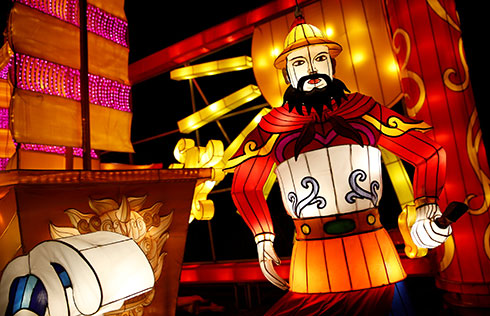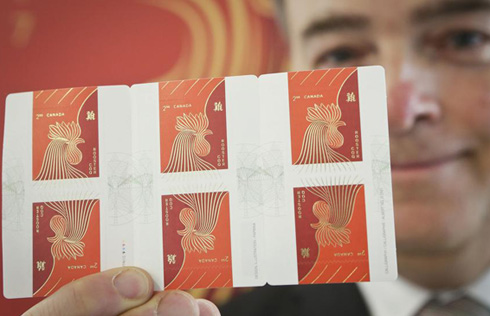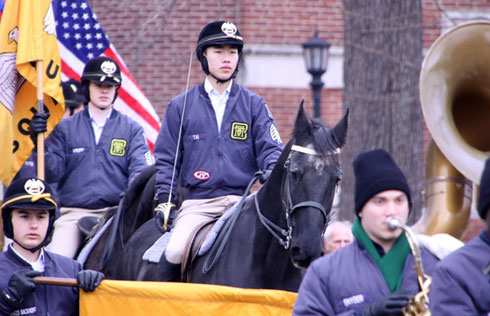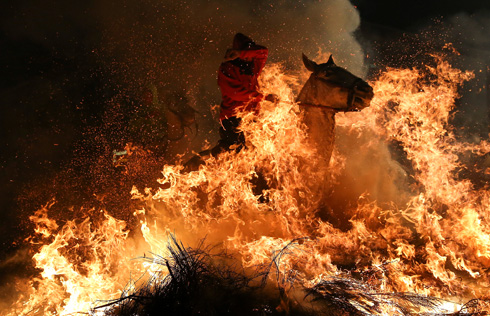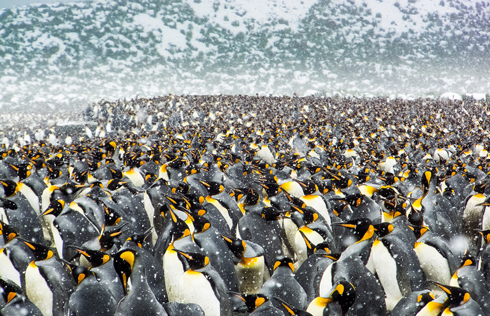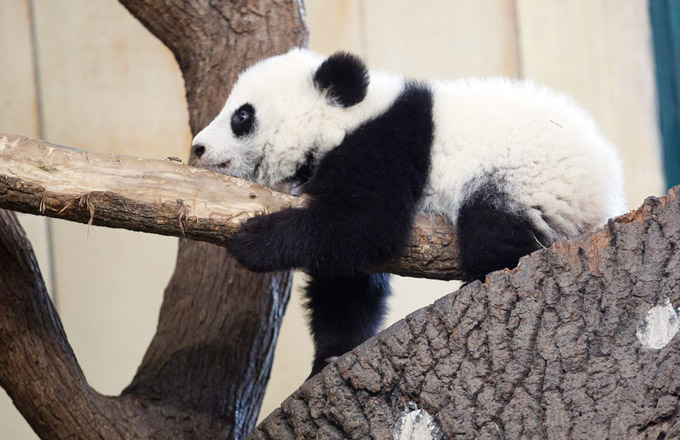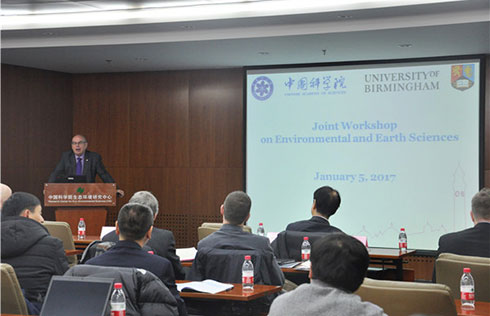Yahoo Japan defies calls to rethink ivory sales as Yahoo Inc CEO weighs in
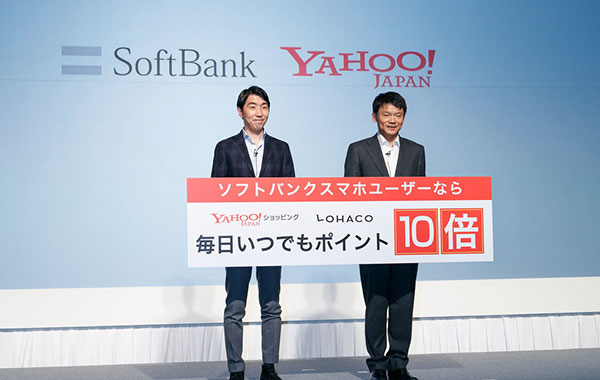 |
|
Keigo Sugano (L), Product & Marketing Unit, MOBILE Business Promotion Division Head and MD Division Head of SoftBank and Manabu Miyasaka, president and chief executive officer of Yahoo Japan Corp, pose for cameras during a news conference to announce the Japanese telecommunications giant SoftBank's 2017 spring promotions on January 16 2017, Tokyo, Japan.[Photo/IC] |
TOKYO/SAN FRANCISCO - Yahoo Japan, the country's biggest online auction site, is rebuffing calls to end online ivory trading despite Yahoo Inc CEO Marissa Mayer's misgivings over facilitating a business blamed for the illegal slaughter of African elephants.
Yahoo Japan doesn't accept that ivory sold on its platform - supposedly imported into Japan before a 1989 ban on international shipments - is a factor behind the sharp rise in poaching on the African savannah in recent years.
Dismissing animal rights campaigners' concerns, even though the ivory business contributes a fraction of its sales, Yahoo Japan also argues that so long as no laws are broken people should be able to trade whatever they like on the internet.
"We want to provide an internet auction site where people can trade freely, and at this moment we have no intention of banning legal trading without any reason," a spokesman for Yahoo Japan said.
"We don't believe the ivory sales contribute to a fall in elephant numbers," he added.
A count of African elephants - the main source of poached ivory - showed the population had fallen to less than 380,000 in 2014.
With their numbers dropping around 30 percent between 2007 and 2014 , African elephants are on the World Wildlife Fund's vulnerable list.
Meantime, sales of ivory via Yahoo Japan have risen exponentially.
In 2015, 28,000 ivory pieces were traded on Yahoo Japan, more than seven times as much as a decade earlier, including 438 whole tusks, according to a recent report by the Environmental Investigation Agency (EIA).
Ivory is traditionally used in Japan for carved 'hanko' name seals. But because much of Japan's ivory is unregistered, wildlife groups say Japan provides an opportunity for unscrupulous traders to register poached ivory for sale to Chinese traders.
China said two weeks ago it will ban the domestic trade by the end of 2017, shutting the door to the world's biggest market for poached ivory.




